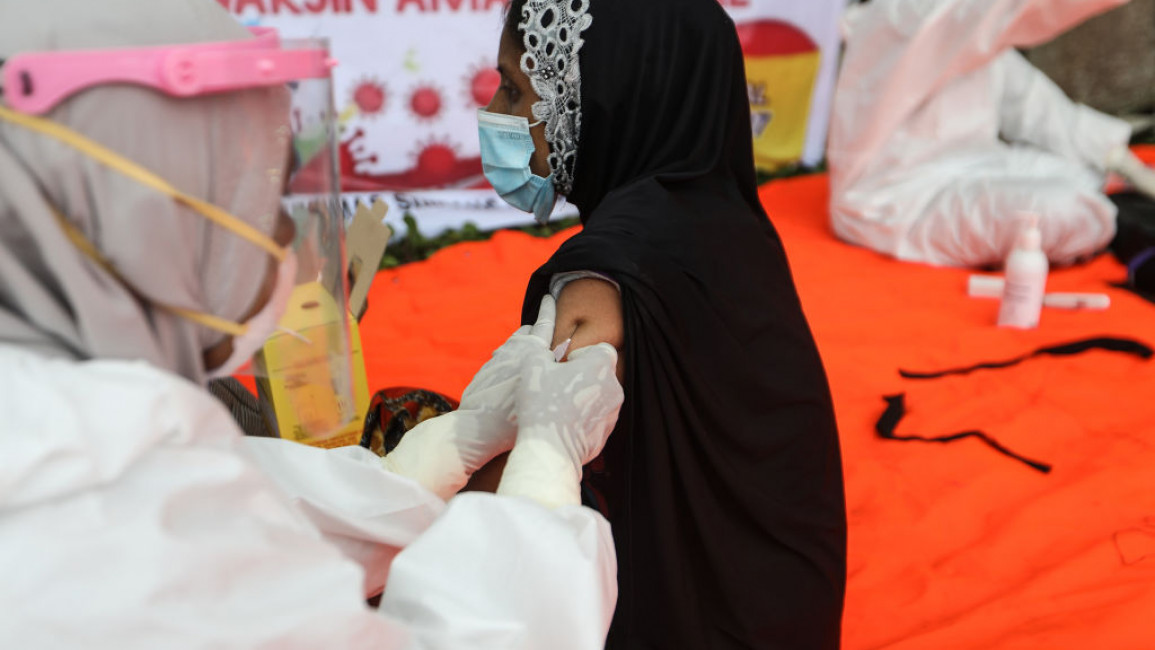Multimillion dollar scheme launched to held migrants in the Middle East and North Africa in Covid-19 recovery
A multimillion-dollar scheme to help support vulnerable migrants in the Middle East and North Africa recover from Covid-19 has been launched, the International Organisation for Migration (IOM) said on Tuesday.
The IOM’s Regional COVID-19 Strategic Response and Recovery Plan (SRRP) will provide $142 million (US dollars) to 16 countries in the region to help supply life-saving access to humanitarian assistance and support long-term socioeconomic recovery for displaced people.
Countries in the Middle East that host a significant share of the world's refugee population have experienced successive waves of Covid-19.
This has resulted in devastating social and human costs for migrants as well as the rise in stigma, xenophobia, physical and mental abuse, directed against refugees, according to the IOM.
"Covid-19 has shown that no one is safe until with are all safe, including migrants and displaced populations," said Carmela Godeau, IOM Regional Director for MENA region.
"IOM’s Strategic Response and Recovery Plan for 2021 provides an opportunity to support sustainable and inclusive recovery from the pandemic that leverages the value of human mobility and the critical contributions migrants and displaced populations continue to make to societies in the region."
In their 2020 plan, the IOM provided more than 70 million in funding to help over 800,000 individuals access clean water, hygiene and sanitation supplies, and services.
More than 7,160 migrants returned to their countries of origin with assistance from the IOM's 2020 plan.
The organisation also worked to extend vaccination drives to include migrants and displaced peoples in the Middle East. Now nine out of 17 countries in the region include migrants in their national vaccination schemes.
"Across the region, the pandemic continues to generate unprecedented impacts on the health and socioeconomic outcomes of millions, said Godeau. “It has also substantially complicated the region's mobility landscape, which will likely generate long-term consequences for decades to come," the press release stated.



